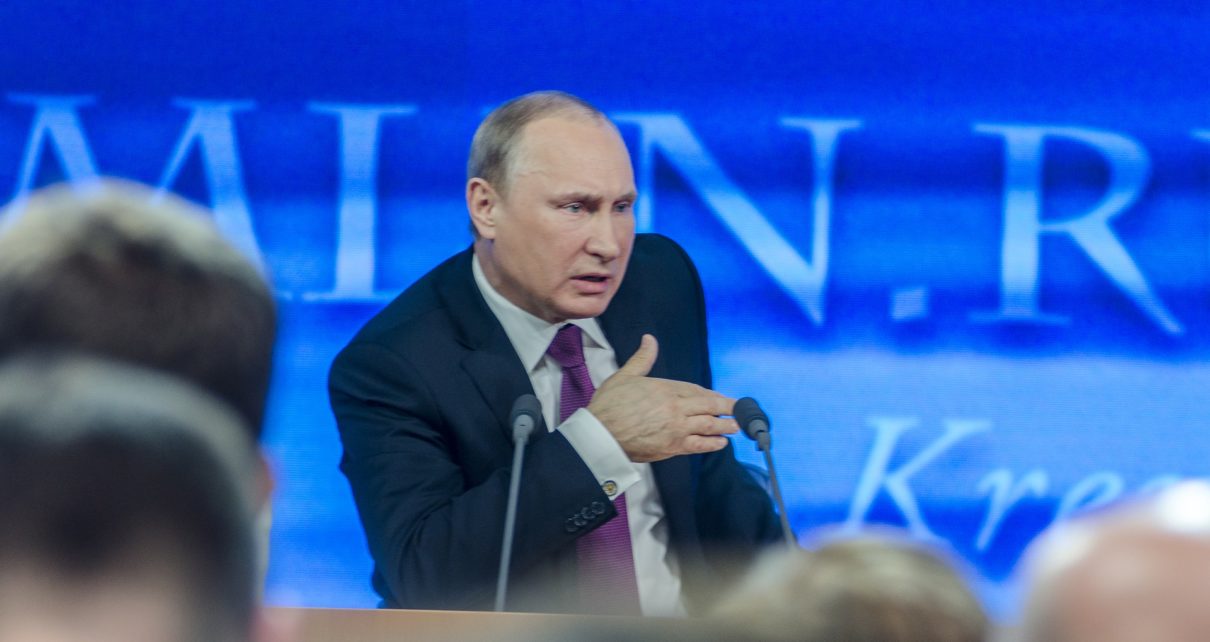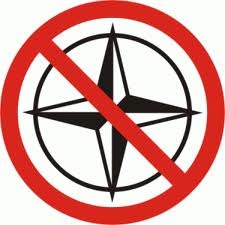July marked a year without any further clarification regarding the 2020 “Wagner Affair.” The international incident involved the detainment of over thirty Wagner company operatives by Belarusian authorities citing intelligence that allegedly indicated planned destabilization efforts, non-specified terrorist plots, and anticipated “provocations…[threatening] the safety of citizens” attending campaign events in the lead up to the country’s August election.
Wagner Group, a Russian mercenary unit repeatedly tied to Putin and the Kremlin, has carried out political dirty work ranging from disinformation campaigns to global security contracts since 2014. While Moscow was able to repatriate the Wagner Group operatives after their Belarusian jail stint, the details surrounding their “layover” in Minsk remains unclear—with rumours persisting that the actual number of deployed contractors was closer to 200.
The event supported what some observers had already suspected: Russian private military security contractors (PMSCs) engage in global operations as an extension of Kremlin ambitions, empowered by plausible deniability. While Wagner appears closer than ever to NATO’s doorstep, widely reported human rights abuses during deployments have prompted an increased response by the international community, challenged by their elusive organizational structure.
In order to maintain its deniability, Wagner Group refuses to publicly disclose its ownership. The company has been repeatedly linked to key Russian political and military figures, such as former Lt. Col. Dmitry Utkin, who has been photographed at some of Putin’s appearances, including national award ceremonies for Wagner members. However, the chief culprit has been “Putin’s chef,” Yevgeny Prigozhin, the owner of several companies, including a food and catering company, frequently contracted by Putin and digital firms running “troll factories” with alleged interference in the 2016 and 2018 elections in the US. These cyber operations themselves work within a grey area of international law by standing as hybrid threats without the physical casualties of conventional warfare. However, with the US as a key target and a leading member state of NATO, the offensive pattern of these supposedly independent actors should not be ignored.
The working relationship between Russian mercenaries and Moscow may seem easily recognizable to some, though the strategic and political implications are more challenging to see. Current international law regarding for–profit fighters is uniquely deficient. Blurring the lines between private-sector corporations, (violent) non-state actors, and civilians, these ill-defined parameters for individual responsibility and legal liability often lead to incidents.
The advent of the 2008 Montreux Document, ratified mostly by many NATO member states and allies, followed multiple attempts to ban the industry. But as a major document regarding PMSCs, the agreement acted mostly as a list of recommendations for “good practices” with no clear enforcement mechanism multilaterally agreed upon by relevant powers, thereby sanctioning the industry instead of regulating it. Many have identified vast challenges inherent in processing private contractor litigations, including the issue of individual liability in these companies and the inability to exercise “self-regulation.”
This controversy over PMSCs’ legal-existential crisis has generated concerns about these groups’ accountability. Specifically, PMSCs’ ability to act on concealed state ambitions as a contractual proxy force has been dubbed “transferable legitimacy.” The Russian state has exploited this vulnerability in the international legal regime. In one instance, the Kremlin signed off on contractors’ ability to engage in combat with US troops during the Syrian Battle of Khasham in February 2018. To advise on the issue, Putin may have personally cleared his schedule, while Prigozhin himself reportedly worked in close contact with Assadist officials. This created a situation where Russian-sponsored proxies engaged US forces without a direct confrontation between the two superpowers.
By operating in NATO’s area of operations, PMSCs pose a unique security risk to the alliance’s objectives, especially for the Enhanced Forward Presence in the Baltic region, where alliance troops are currently stationed to deter provocations on the eastern flank. Existing beyond conventional legal boundaries and engaging in subversive activities on behalf of Russian interests, many private contractors can operate with impunity. (Belarus’ return of the Wagner agents and the ongoing FBI arrest warrant for Prigozhin highlight these dangers.)
However, Wagner is not the only PMSC employed in Russia’s sphere of influence. There exists a politically diverse array of motivated contractors, such as more explicitly ideological PMSCs like the Russian nationalist group E.N.O.T. Corp. This could lead to increased threats to NATO’s eastern flank by inciting separatist sentiments among other Eastern European states. Having previously worked alongside pro-Russian separatists in Ukraine and succeeded in augmenting irregular military outfits, the Kremlin may utilize similar strategies in the Baltic and other regions.
Given the previous use of armed “little green men,” a thinly disguised and long-denied Russian occupation force deployed in Crimea and Donbas, it is not an unreasonable hypothetical. If the 104-kilometre Suwalki Gap between Lithuania and Poland is all that separates Kaliningrad from Belarus, then it is important to consider the increasing strategic benefit of private contractors operating in areas where NATO’s interests conflict with the Kremlin’s ambitions (e.g., Ukraine, Syria, Belarus, Libya). If it was unexpectedly decided that the parallel Minsk-Kaliningrad Interconnection (running through Belarus, Lithuania, and Russian Kaliningrad) needed increased security detail as a result of some perceived danger to the pipeline, then this would be a serious threat to NATO’s ability to maintain sovereignty in the Baltic region.
The Enhanced Forward Presence would likely deter any motivated occupation of Baltic states. Nonetheless, according to the Latvian press, the Wagner Group has begun to “[test] the waters in the Baltics” through propaganda attempts. It is important to note that without NATO’s defensive presence in Eastern Europe, Putin’s privately boasted ability to reclaim the Eastern Bloc might manifest as a reality similar to the case of eastern Ukraine.
By exploiting loopholes in international law, the Kremlin’s use of PMSCs has enhanced its irregular warfare arsenal. To combat the expanding presence and global threat posed by groups like Wagner, NATO and its allies may need to assist in regulating the industry, which might be accomplished by investigating human rights concerns, interviewing victims, and collaborating with civil society groups. Strategically, however, NATO should also consult critics and scholars of PMSCs on how to prepare for and manage potential future adversarial operations utilizing these groups.
Photo: President Vladimir Putin, by DimitroSevastopol via Pixabay. License.
Disclaimer: Any views or opinions expressed in articles are solely those of the authors and do not necessarily represent the views of the NATO Association of Canada.




